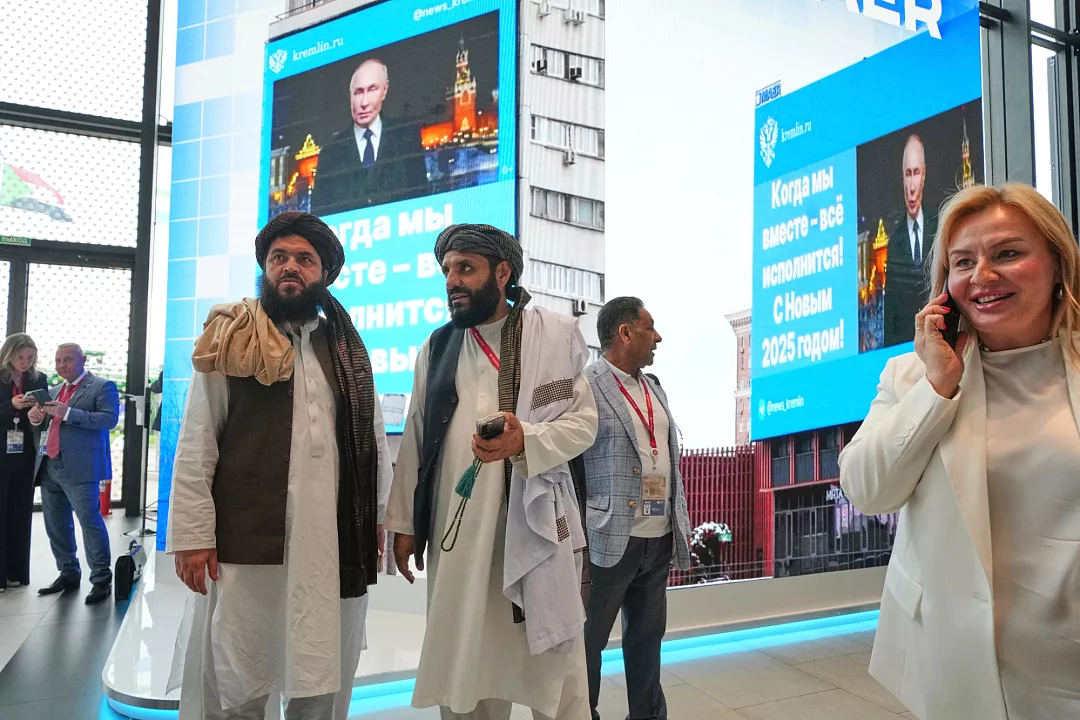ISLAMABAD: The month of February 2025 saw a marginal increase in terrorist attacks but a sharp surge in civilian fatalities, along with a significant increase in the arrest of terrorists across the country, an Islamabad-based thinktank said in a report on Sunday.
According to the Pakistan Institute for Conflict and Security Studies (PICSS), the last month saw 79 terrorist attacks, resulting in the deaths of 55 civilians and 47 security personnel, while 81 security personnel and 45 civilians sustained injuries.
“February 2025 marked the first month since August 2024 in which civilian fatalities surpassed those of security forces,” PICSS said. It added that civilian deaths rose by 175%, while deaths of security personnel declined 18% compared to January 2025.
In January 2025, 20 civilians were killed, while 57 security personnel were martyred. “The security forces intensified their counter-militancy operations, eliminating 156 militants, injuring 20, and arresting 66,” PICSS said in a press release.
Terrorist fatalities dropped by 25%, – 156 in February compared to 208 in January. However, a significant increase in militant arrests was recorded in February, with 66 suspects detained, the highest monthly figure since 139 rounded up in December 2023.
According to the PICSS press release, 50 of the detainees were arrested from the erstwhile Federally-Administered Tribal Areas (Fata) region, while 16 others were arrested from Punjab.
Also See: The Spillover of Chaos: Afghanistan’s Instability and Its Regional Fallout
Balochistan remained the most volatile province, recording 32 attacks that claimed 56 lives, including 35 civilians, 10 security personnel, and 11 terrorists. The attacks left 44 people injured, including 32 security forces personnel and 12 civilians.
Khyber-Pakhtunkhwa (K-P) – excluding the tribal districts or erstwhile Fata – recorded 23 attacks, resulting in the deaths of 14 security forces personnel and 12 civilians, while 22 civilians and an equal number of security personnel were injured.
This news is sourced from The Express Tribune and is intended for informational purposes only.

![Pakistan saw a rise in terrorist attacks in February 2025, with a sharp surge in civilian fatalities and increased militant arrests. [Image via The Express Tribune]](https://southasiatimes.org/wp-content/uploads/2025/03/1877826-Terrorism-1546199428.webp)


![Afghan men search for victims after a Pakistani air strike hit a residential area in the Girdi Kas village, Nangarhar province on February 22, 2026. [Aimal Zahir/AFP/Getty Images]](https://southasiatimes.org/wp-content/uploads/2026/02/gettyimages-2262391441.webp)

